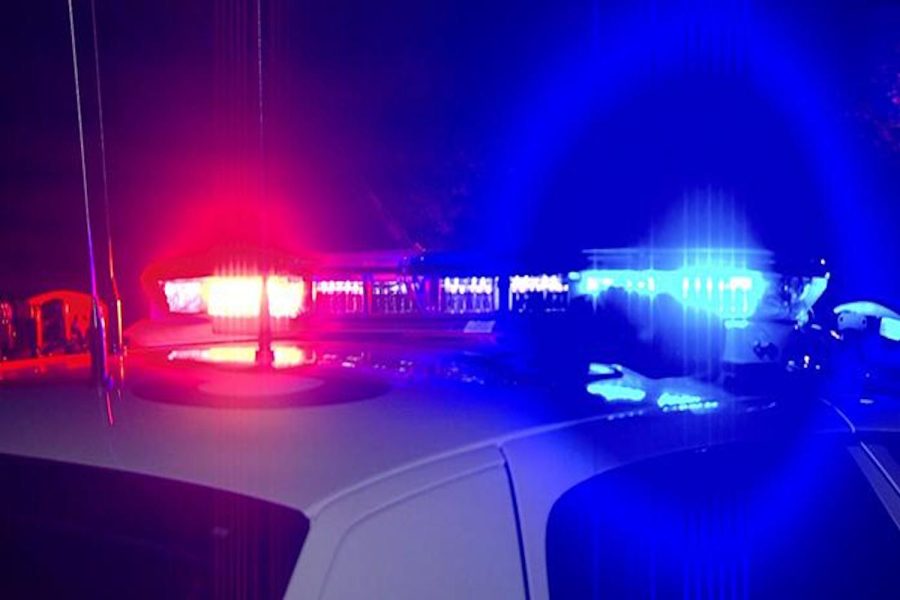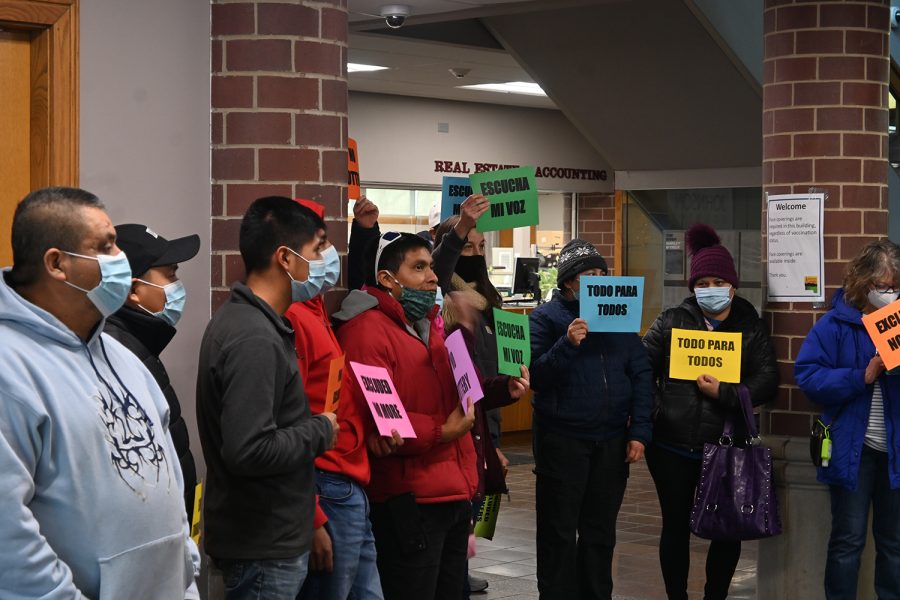Fewer University of Iowa students are going to the emergency room because of alcohol, newly-released data show. But some in the community disagree on whether the statistics represent a change in dangerous drinking behavior.
According to research conducted by UI emergency-medicine Clinical Associate Professor Michael Takacs, the UI Hospitals and Clinics Emergency Treatment Center experienced a 16 percent drop in alcohol-related visits from UI students between 18 and 22.
The data was collected for roughly a year before and after the 21-ordinance went into effect June 1, 2010.
Takacs, who presented the data at a Partnership for Alcohol Safety meeting on Wednesday, said he feels the decrease can be attributed to the 21-ordinance.
"It’s one of the initiatives led by the community that appeared to work," Takacs said. "[It] appeared to have a positive effect."
Whether the university’s requirement for freshmen to complete the online alcohol-education program AlcoholEdu is a factor is difficult to judge, Takacs said.
"It does cloud some of this data … some of the people in the ER are college students who have had the education," Takacs said. "My impression is the 21-ordinance has a much greater effect."
Former anti-21 ordinance group leader Matt Pfaltzgraf said the decrease in the number of ER visits doesn’t mean students are safer.
"People are still committing as many crimes as ever," Pfaltzgraf said. "The behavior just shifts it to other places, and these are places where people do not want to draw attention to themselves by calling the police."
Fewer people go downtown, he said, but more go to house parties, where people are less likely to call for help.
He said students fear penalties from the UI and Iowa City police, and "they have to think someone’s dying" in order for a call to be made.
Kelly Bender, the coordinator of campus community alcohol harm-reduction initiatives, said this fear shouldn’t be a factor for students because of the Responsible Action Protocol established last year, which prevents a student who calls to help another from being facing legal consequences.
"Students may just be learning about that," she said. " At this point, we hope that students become more aware that it’s not a risk to themselves to call for help."
Bender said it’s hard to say whether more people are going to house parties.
While the law-enforcement data provided at the Partnership for Alcohol Safety meeting showed a 19.4 percent decrease in the number of disorderly house citations between 2010 and October, Bender said these data are tough to attribute to house parties.
"Several people can be cited at one house," Bender said. "[The figure shows] the number of people who were cited for that charge."
Takacs said he hopes to conduct further research by applying for grants and collaborating with Mercy Hospital.
Bender said the Partnership for Alcohol Safety’s biggest focus is ensuring student safety.
"[It] may be connected to the 21-ordinance, but it kind of doesn’t matter," she said. "We’re just happy that fewer people are finding themselves in that position."






